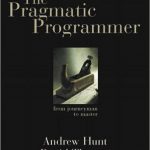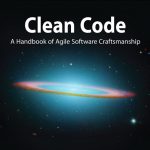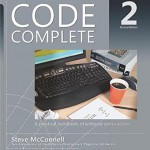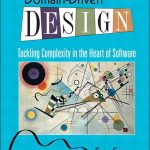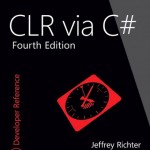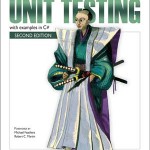As programmers, we’ve collected our fair share of best practices and programming references. We want to share some of our favorites and let you share any gems you’ve found along the way!
* Different books for different things
* What are your favorites?
Ok, I’ll start
Pragmatic Programmer
Straight from the programming trenches, The Pragmatic Programmer cuts through the increasing specialization and technicalities of modern software development to examine the core process–taking a requirement and producing working, maintainable code that delights its users. It covers topics ranging from personal responsibility and career development to architectural techniques for keeping your code flexible and easy to adapt and reuse.
http://amzn.to/2q9HYAD
Clean Code
Even bad code can function. But if code isn’t clean, it can bring a development organization to its knees. Every year, countless hours and significant resources are lost because of poorly written code. But it doesn’t have to be that way.
http://amzn.to/2pjYWJt
Code Complete
Widely considered one of the best practical guides to programming, Steve McConnell’s original CODE COMPLETE has been helping developers write better software for more than a decade. Now this classic book has been fully updated and revised with leading-edge practices—and hundreds of new code samples—illustrating the art and science of software construction.
http://amzn.to/2q9Y2lI
Domain Driven Design
—Ralph Johnson, author of Design Patterns
“If you don’t think you are getting value from your investment in object-oriented programming, this book will tell you what you’ve forgotten to do.
http://amzn.to/2pk1Gqo
Runner-Ups
* CLR via CSharp?
Dig deep and master the intricacies of the common language runtime, C#, and .NET development. Led by programming expert Jeffrey Richter, a longtime consultant to the Microsoft .NET team – you’ll gain pragmatic insights for building robust, reliable, and responsive apps and components.
http://amzn.to/2q8hOeA
Art of Unit Testing
The Art of Unit Testing, Second Edition guides you step by step from writing your first simple unit tests to building complete test sets that are maintainable, readable, and trustworthy. You’ll move quickly to more complicated subjects like mocks and stubs, while learning to use isolation (mocking) frameworks like Moq, FakeItEasy, and Typemock Isolator. You’ll explore test patterns and organization, refactor code applications, and learn how to test “untestable” code. Along the way, you’ll learn about integration testing and techniques for testing with databases.
http://amzn.to/2q9SgQY
Let’s Hear Your Pick
Now it’s your turn! What’s your favorite programming book? Don’t worry if it’s already been listed, that might just mean additional votes of confidence! Share your favorites in the comments below.











